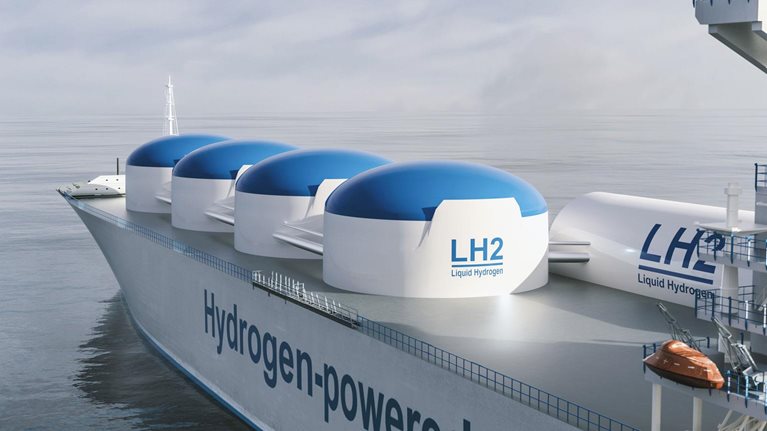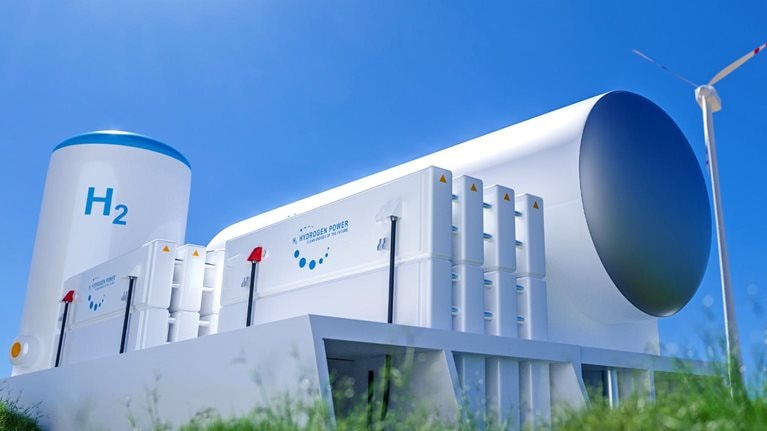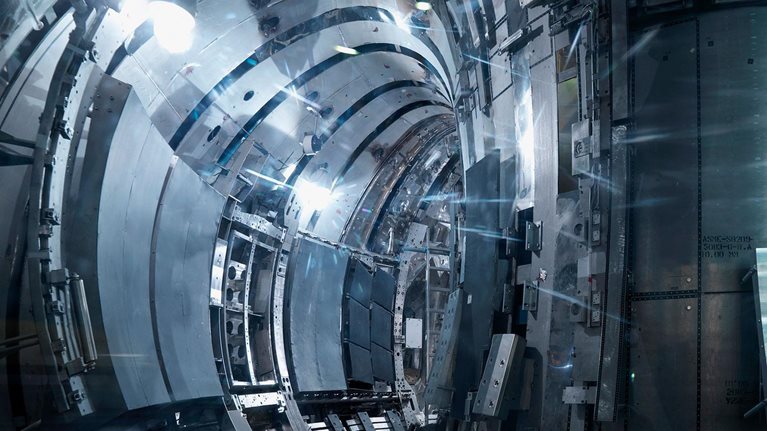To achieve net zero, the world needs technological innovation, deployment, and scale-up at unprecedented speed.
To implement these technologies at scale, decision makers need clarity on how they work: the science, capital investment requirements, scaling economics, prices, regulations, environmental impact, and much more. They need to understand where those factors stand today and how they’re likely to change over time. That’s a challenge in this evolving category, where the deployment scale is relatively small and technology advances with astonishing speed.
We launched the McKinsey Platform for Climate Technologies (MPCT) to help clients plan, execute, and scale the implementation of these critical technologies. MPCT works with the world’s leading experts to anticipate the impact of new technologies and challenge conventional approaches to established ones. We focus on the most critical technologies: those with the potential to transform our sources of energy for every industry, region, and community.






















